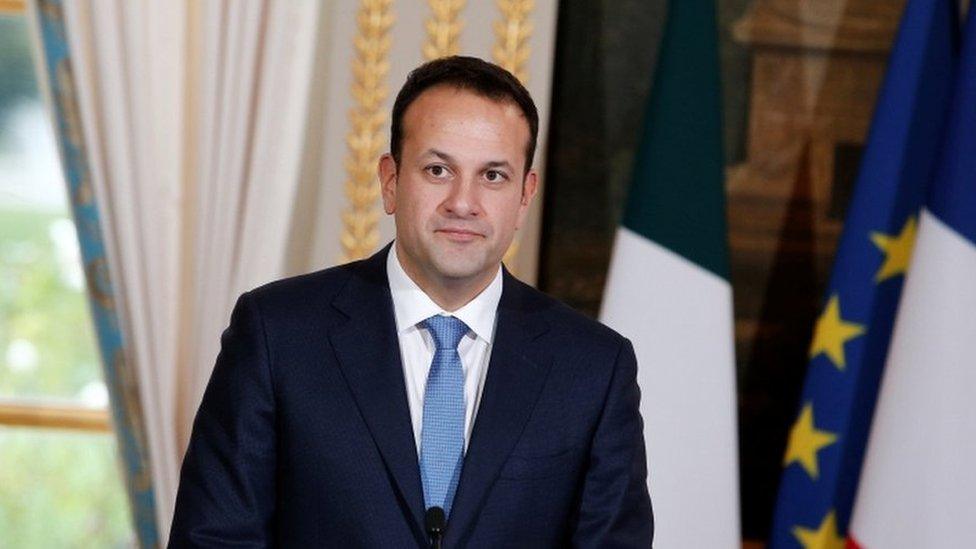UK approach to Brexit 'chaotic' - leaked Irish report
- Published
- comments
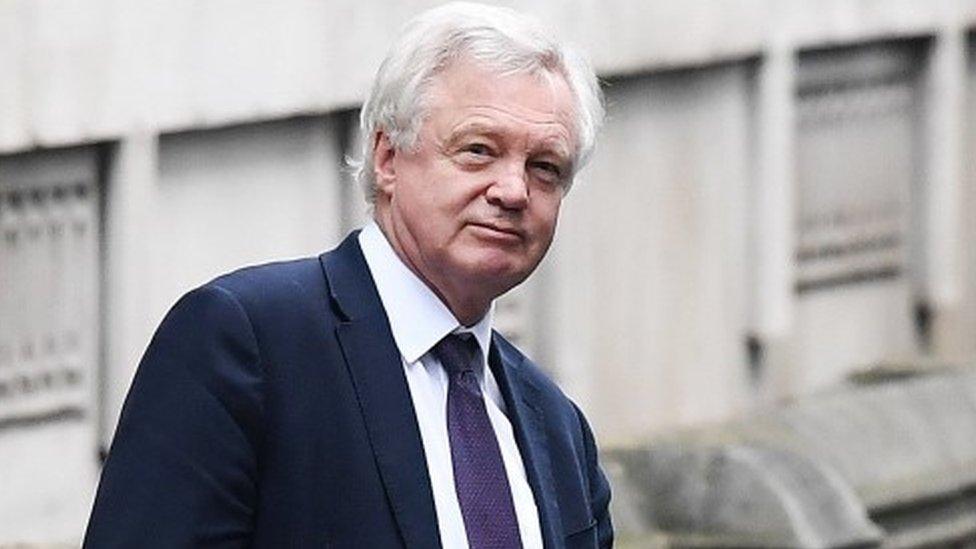
The leaked report details EU leaders' frustration with David Davis
The government has refused to comment on a leaked report branding its approach to Brexit as "chaotic".
The internal Irish government paper, obtained by RTÉ, documents EU figures' scathing assessments of cabinet members such as Brexit Secretary David Davis.
A Czech minister is quoted as describing Foreign Secretary Boris Johnson as "unimpressive".
The minister also warns of "political confusion" about the UK Government's approach to leaving the EU.
Downing Street said the government was working hard on its preparations for Brexit.
It had "a good and constructive" relationship with the Irish government, said a spokesperson.

Analysis: James Landale BBC Diplomatic Correspondent
Some in Europe have long been frustrated about the British government's approach to Brexit. But what was private has now become more public.
The Irish government refused to comment on the leak.
But some British MPs and officials suspect the Irish are using this moment of maximum leverage before a crucial EU summit next month to harden their position and put more pressure on the UK.
And some believe the leak should be seen in that context.
Downing Street insisted there was a good and constructive relationship between London and Dublin. But right now it is a relationship that is being tested.

The Irish government refused to comment on the leaked document, which was published by the country's national broadcaster RTÉ on Thursday.
"A core part of the work of our embassies and other missions abroad is to report on the views of our partners on what is a strategically vital issue for Ireland," said an Irish government spokesperson.
"These routine reports are internal and confidential and are not intended for the public domain."
RTE's Europe Editor, Tony Connelly, who got hold of the leaked report, said it reflected "private, anxious conversations that are being held in chancelleries and ministries around Europe when Irish officials are present".
"But in a sense we've all known - and this has been articulated in public by people like Jean Claude Juncker and Donald Tusk - that there is essentially disarray within the Tory party, within the cabinet on Brexit and that is reflected in the way people view the British strategy," he told the BBC's Brexitcast podcast., external
'Confusion at home'
The leaked document is based on a compilation of political reports from Irish embassies across Europe, dated between 6 and 10 November.
RTÉ's Europe Editor Tony Connelly assesses what EU ministers think of the UK's Brexit negotiating team
It claims that Brexit was barely mentioned during a meeting on 23 October between Mr Davis and French Foreign Minister Jean-Yves Le Drian and French Minister for European Affairs Nathalie Loiseau - something which was viewed as a wasted opportunity.
"Despite having billed this in the media in advance as a meeting to 'unblock' French resistance, Mr Davis hardly mentioned Brexit at all during the meeting, much to French surprise, focusing instead on foreign policy issues," the paper states.
The Czech deputy minister for foreign affairs, Jakub Durr, told officials he felt "sorry for British ambassadors around the EU trying to communicate a coherent message when there is political confusion at home".
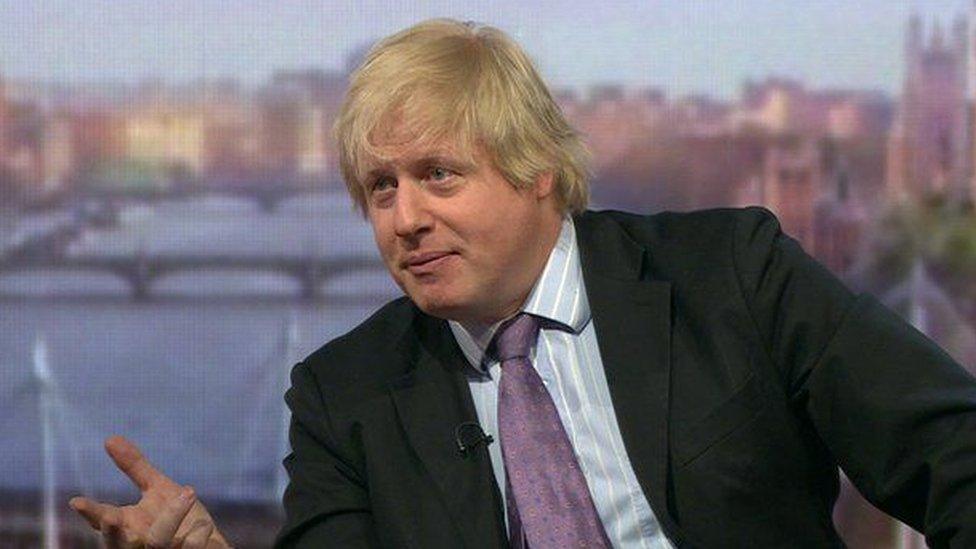
The leaked document cites a Czech minister describing Boris Johnson as "unimpressive"
Meanwhile, during a meeting in Luxembourg, a British judge at the European Court of Justice is quoted bemoaning "the quality of politicians in Westminster".
The judge, Ian Forrester, also wondered if the British public would view Brexit as "a great mistake" when they realised what leaving the EU entailed, according to the leaked paper.
The report highlights the significant concerns that will make it difficult to progress negotiations to a second phase at next month's summit.
Overall, the various ministries across the EU expressed doubt that the UK would be permitted to move to the second phase of talks unless it brought forward solutions to the issue of the UK's financial liabilities on leaving the EU.
They noted that the EU remained united at 27 countries, and that Michel Barnier, the EU's chief negotiator, had appeared far from optimistic that a breakthrough would happen at the December summit.
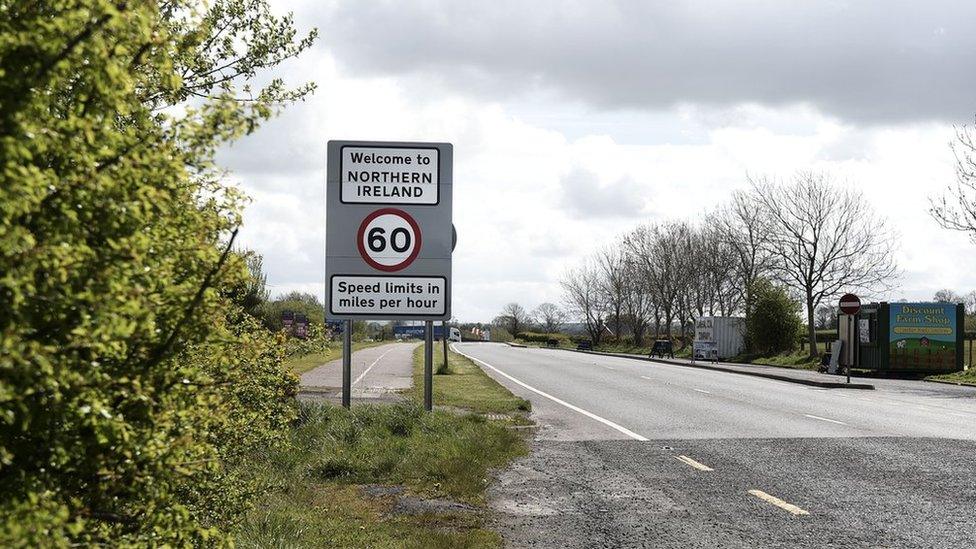
The future management of the Irish border is one of three main priorities in UK-EU Brexit talks
On Thursday, Irish Foreign Minister Simon Coveney said he was hopeful agreement could be reached on Irish-related issues by mid-December to move Brexit talks to the next phase, but that "it is by no means pre-determined".
Earlier this month, Irish Prime Minister Leo Varadkar said it was likely" EU leaders would give the green light for Brexit talks to focus on trade, at their meeting in December.
Mr Varadkar said this was his own belief rather than a forecast of any European Council decision.
Mr Varadkar "should know better" than to "play around" with Northern Ireland over Brexit, DUP leader Arlene Foster said after the Taoiseach suggested leaving the EU could jeopardise the peace process.
The Irish government says any hard border with Northern Ireland should be off the table.
And an EU paper recently suggested Northern Ireland would have to continue to follow many EU rules after Brexit, if a hard border was to be avoided.
It hinted Northern Ireland may need to stay in the EU customs union if there were to be no checks at the border.
That is something the UK Conservative government - supported in key votes by the DUP at Westminster - has said it can not accept as it would effectively create a border between Northern Ireland and the rest of the UK.
The leaked report was compiled just weeks after the EU summit in Brussels during which EU leaders told Theresa May that Britain needed to do more on the three key issues: citizens' rights, the UK's financial obligation and the Irish border.
- Published21 November 2017
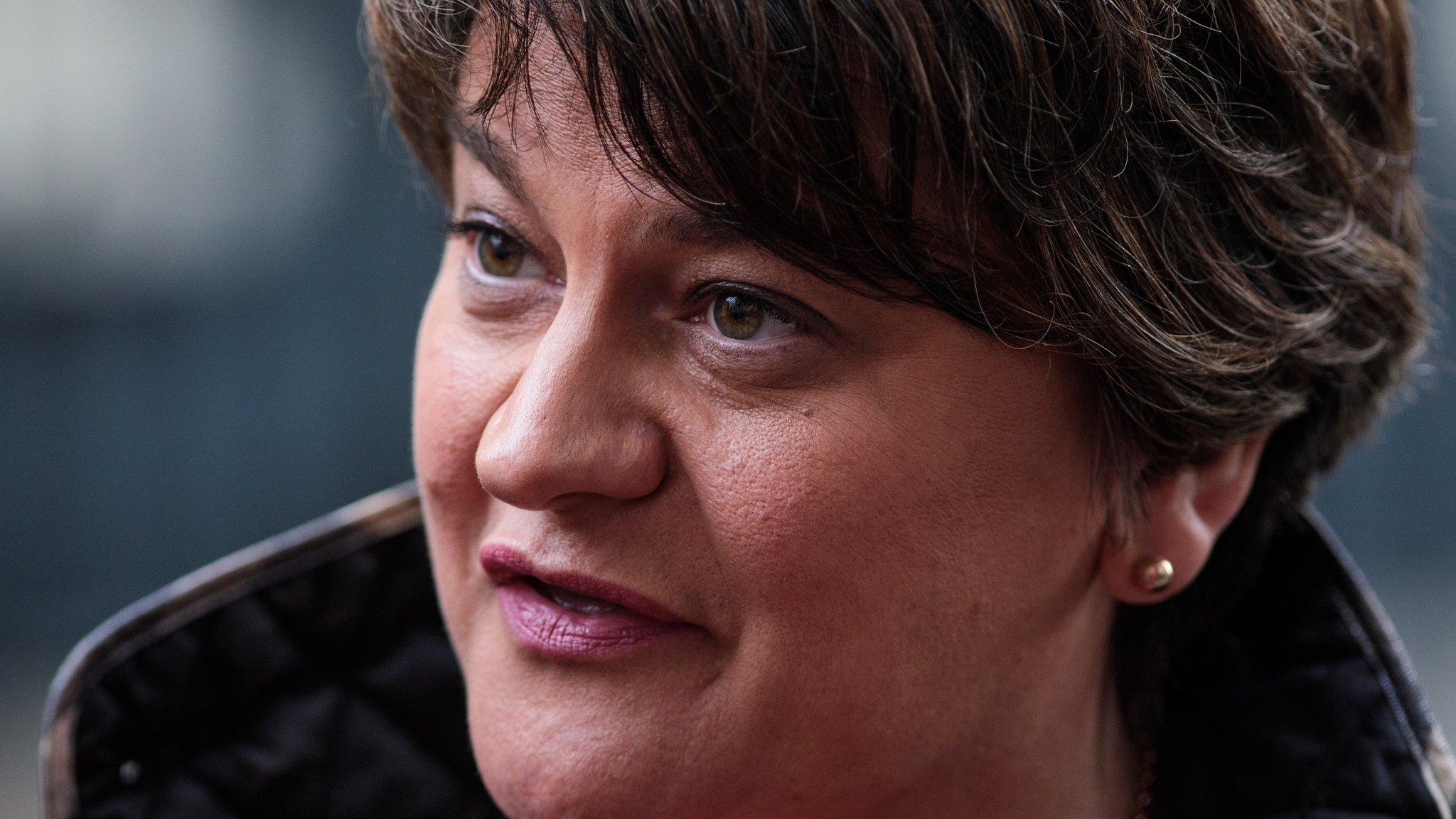
- Published17 November 2017
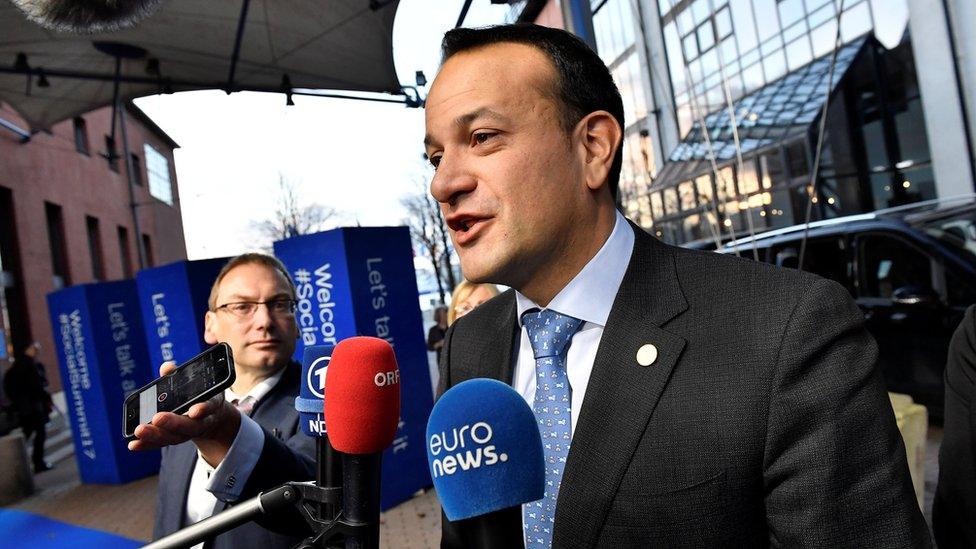
- Published20 November 2017
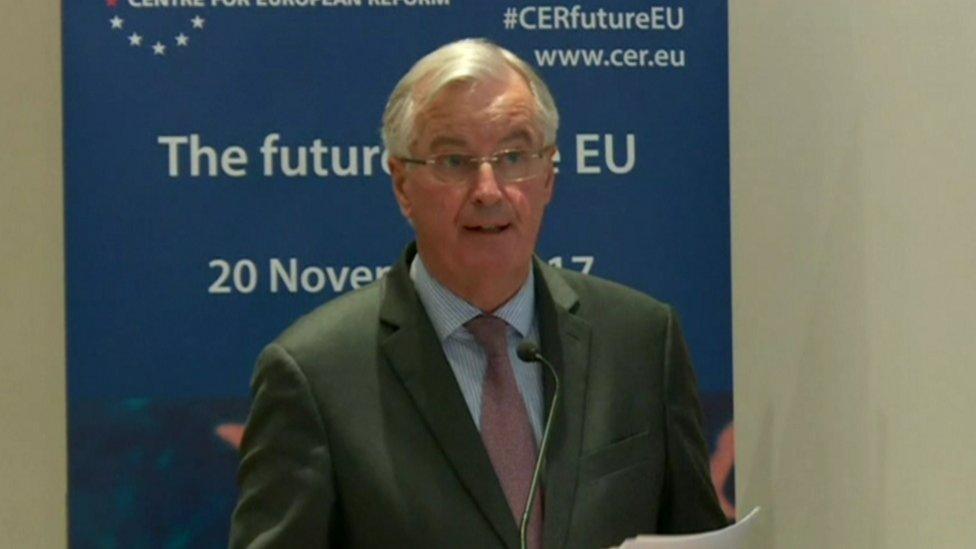
- Published8 November 2017
